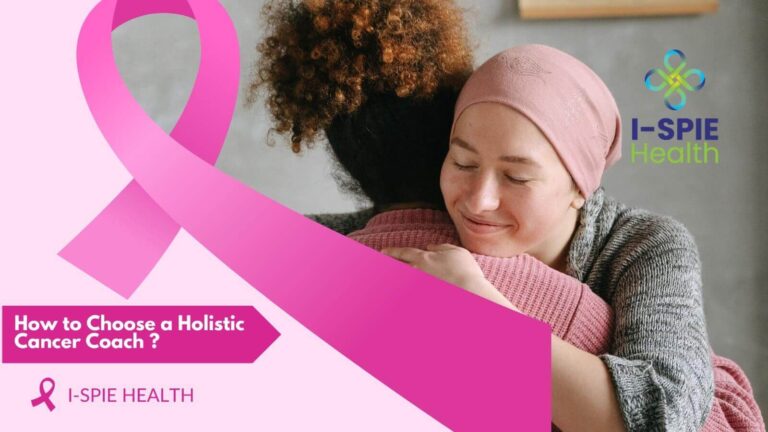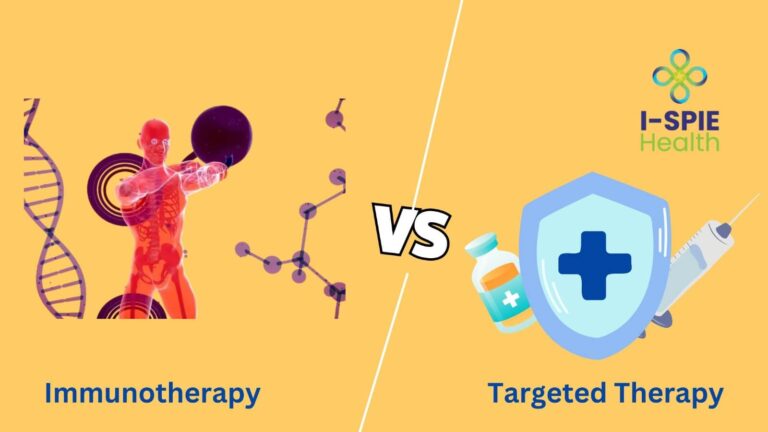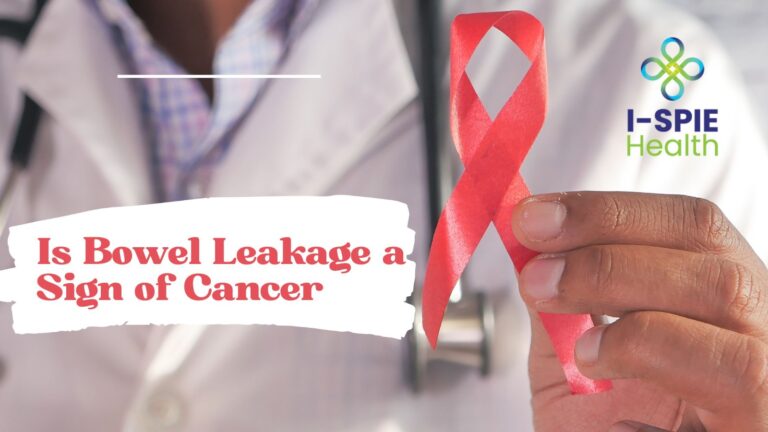Long-distance cancer support refers to providing care, assistance, and emotional support to individuals facing cancer or caregiving responsibilities when they are physically separated from their loved ones. This type of support relies on various communication methods and thoughtful gestures to bridge the distance gap and ensure that individuals receive the care and encouragement they need during challenging times.
What Does Long-Distance Cancer Support Involve?
Long-distance cancer support involves various efforts to offer meaningful help and emotional connection to those facing cancer or caregiver duties from afar. This form of support leverages technology, communication tools, and personalized gestures to maintain a sense of closeness and support despite the physical separation.
Benefits of Cancer Support
Long-distance cancer support offers numerous benefits that contribute to the well-being and resilience of both patients and caregivers. Let’s explore these benefits in depth:
Emotional Connection and Comfort
Regular communication through phone calls, video chats, emails, or messaging platforms allows for ongoing emotional support, reassurance, and companionship. Offering support from afar allows for maintaining emotional bonding with your loved one facing cancer.
Reduced Feelings of Isolation
Cancer diagnosis and treatment can often lead to feelings of isolation and loneliness, especially when individuals are physically distanced from their support networks. Long-distance cancer support helps mitigate these feelings by ensuring that patients and caregivers feel connected, valued, and supported despite the distance.
Positive Distraction
Regular communication and virtual companionship can serve as a positive distraction from the challenges of cancer treatment, offering moments of joy, laughter, and normalcy amidst difficult times.
Enhanced Well-being and Coping Mechanisms
By receiving consistent long-distance support, individuals affected by cancer can experience improved overall well-being, enhanced coping mechanisms, and better mental and emotional health outcomes. Knowing that they have a reliable support system, even from afar, can contribute significantly to their ability to navigate challenges and maintain a positive outlook.
How to Support a Friend with Cancer Remotely
What You Can Do
Regular Communication
Stay in touch through phone calls, video chats, emails, or messaging apps. Regular communication helps your friend or loved one feel connected and supported, even if you’re not physically present.
Express Empathy and Understanding
Show empathy by listening actively, acknowledging their feelings, and offering words of encouragement and support. Let them know that you’re there for them and that their feelings are valid.
Provide Emotional Support
Be a source of emotional support and comfort. Offer a listening ear, validate their experiences, and offer words of encouragement. Share positive stories, jokes, or uplifting messages to boost their spirits.
Offer Practical Help
Provide practical assistance by helping with tasks such as organizing appointments, researching treatment options, or coordinating support from local resources or family members.
Send Thoughtful Gestures
Send thoughtful gestures such as care packages, handwritten letters, uplifting cards, or personalized gifts to show that you care and are thinking of them.
Stay Informed
Educate yourself about the specific type of cancer, treatment plan, and potential side effects. This shows that you’re invested in understanding their journey and can offer informed support. To provide a more personal connection and strengthen your bond, schedule regular web chat sessions, handwritten notes, gifts, and visits (when possible). Regular phone calls can also be scheduled to check in, offer support, and have meaningful conversations, providing comfort and reassurance.
What You Can’t Do
Refrain from Offering Medical Advice
Avoid providing medical guidance or suggesting treatment options unless you are a qualified healthcare professional. Encourage your loved one to rely on their medical team for expert advice and guidance regarding their treatment decisions.
Do Not Minimize Their Feelings
Avoid minimizing their feelings or offering unsolicited advice. Instead, validate their emotions and offer support without judgment.
Do Not Offer False Hope
While offering hope and positivity is important, avoid making promises about outcomes or cures, as this can create unrealistic expectations. Cancer treatment outcomes vary, and it’s essential to maintain realistic expectations and support your loved one through their journey regardless of the outcome.
Avoid Overwhelming
Be mindful not to overwhelm them with constant messages or calls. Respect their need for space and privacy when necessary.
Do Not Invalidate Their Experience
Avoid comparing their experience to others or downplaying the challenges they’re facing. Each person’s cancer journey is unique, and it’s important to acknowledge and validate their experience without comparisons.
Challenges in Providing Long-Distance Support for Cancer Patients
Limited Physical Presence
The distance can make it challenging to provide hands-on assistance, such as helping with daily tasks or accompanying them to medical appointments.
Time Zone Differences
Juggling time zones can sometimes make it tricky to connect and may impact the frequency and timing of interactions.
Technological Barriers
Connectivity issues or lack of familiarity with technology platforms can hinder effective communication and virtual support efforts.
Emotional Disconnect
Physical distance can sometimes create a sense of emotional disconnect, making it harder to gauge and respond to a person’s emotional needs accurately.
Logistical Challenges
Coordinating care, accessing local resources, and providing timely assistance from a distance requires careful planning and coordination.
Navigating Cultural Differences
Differences in cultural norms, beliefs, or expectations related to illness and caregiving may require sensitivity and understanding to provide effective support.
Need Long-Distance Cancer Support?
Discover how Madhavi Parikh offers invaluable long-distance support as a cancer caregiver. For personalized guidance and assistance, reach out to me and experience compassionate care from a distance.
Conclusion
Long-distance cancer support is vital, offering emotional connection, practical assistance, and invaluable comfort to those affected by cancer.
While challenges like time zones and technology barriers exist, staying informed, expressing empathy, and providing regular communication and thoughtful gestures can bridge the distance gap effectively.
Understanding the benefits and limitations, respecting boundaries, and consistently being present can significantly improve the well-being and resilience of cancer patients and their caregivers.
FAQ
- How do you help a friend with cancer who lives far away?
To help a friend with cancer who lives far away, stay connected through regular communication via phone calls, video chats, or messages. Offer emotional support, send thoughtful gestures or care packages, and assist in coordinating practical matters from a distance.
- What do cancer patients need most?
Cancer patients often need emotional support, understanding, and empathy. They also require practical assistance with daily tasks, access to quality healthcare, and a strong support network of friends, family, and healthcare professionals.
- What’s a thoughtful message for a cancer patient?
A sweet message for a cancer patient could be, “You are incredibly strong and brave. I admire your courage and resilience during this challenging time. Remember, I’m here for you every step of the way, sending you love and healing thoughts.
- How do you comfort someone with cancer over text?
Comforting someone with cancer over text involves expressing empathy, offering words of encouragement and support, listening actively, and being sensitive to their emotions. Share uplifting messages, show genuine care, and let them know they’re not alone in their journey.








This post is so insightful and helpful! As a friend of someone who has been diagnosed with cancer, I can attest to the challenges of being in a long distance relationship. It’s great to have concrete tips on how to best support my friend during this difficult time. Thank you for sharing your expertise!